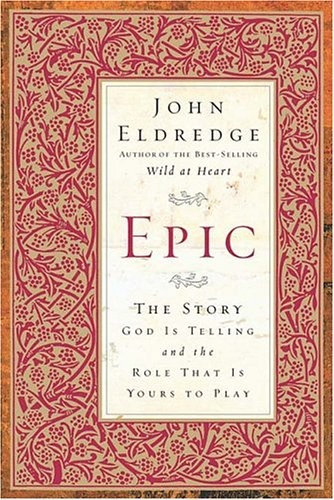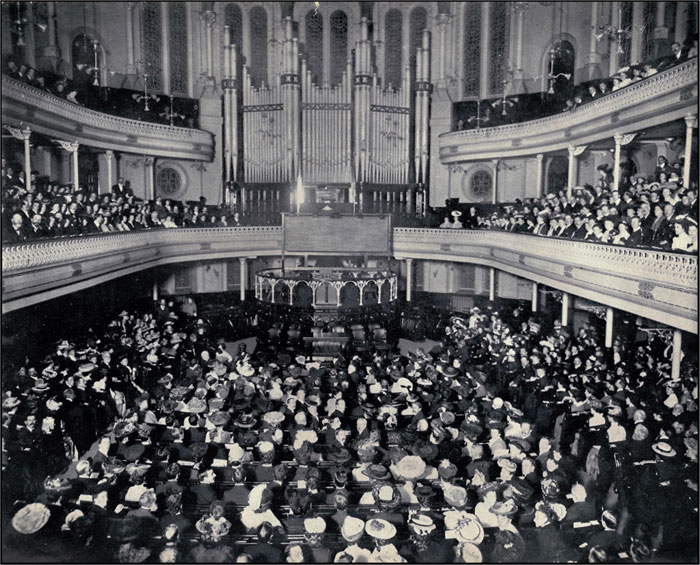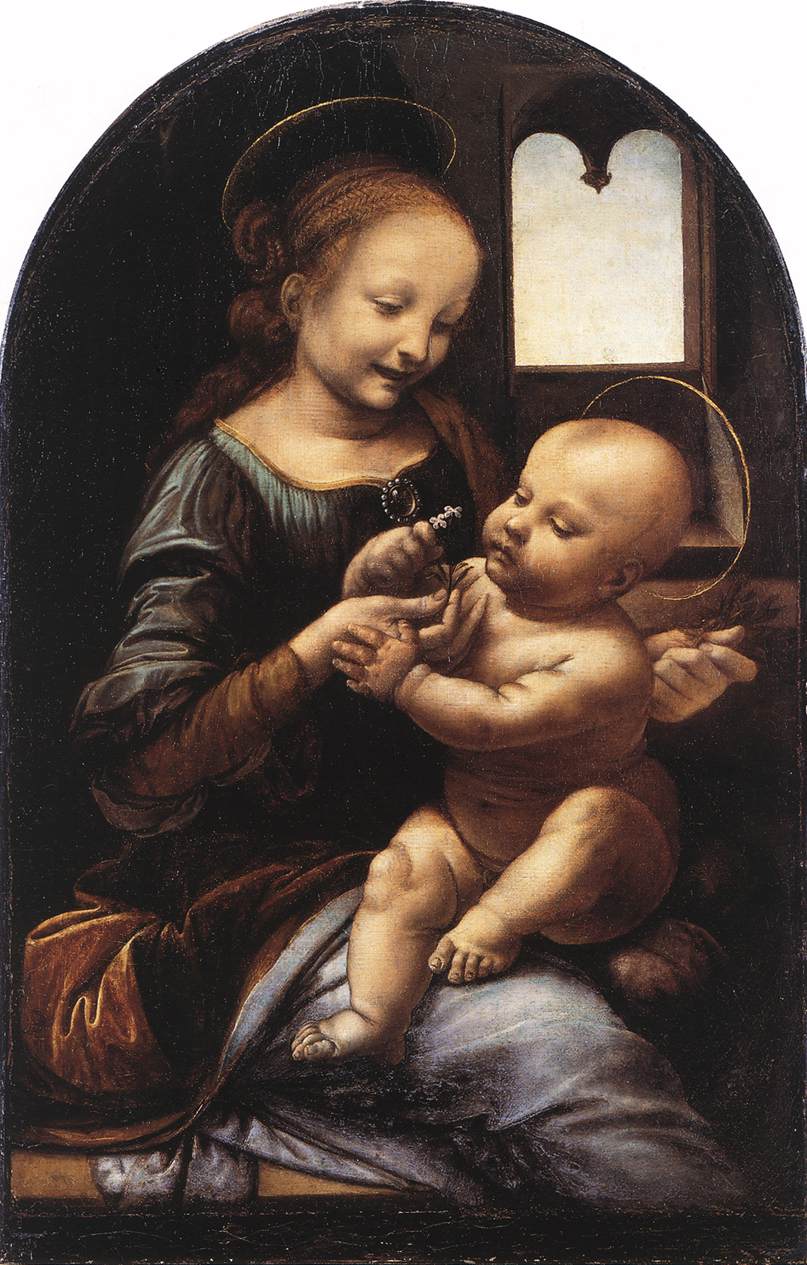Reflections on Advent
This morning as I read Matthew 1, I’m struck by how differently God’s kingdom works than most human kingdoms do. I got no farther than the genealogy in the first few verses before getting waylaid in thought. My Bible’s notes point out that this is a genealogy of God’s purposes worked out in flawed, or cast-off, human beings:
- Abraham struggled with faith
- David was guilty of adultery and murder
- Jacob and Isaac were both second-born, not first-born, sons
- Tamar and Bathsheba were victimized by men
- Ruth and Mary were outside of the conventional male power structure
- All but Mary have Gentile connections, reinforcing that God’s purposes include all
And so on.
What popped into my mind first was Black Lives Matter. I remember reading an essay awhile back in which the writer pointed out how the Black Lives Matter movement chooses imperfect models to make its case. Unlike the Civil Rights Movement, in which “exemplary” African-Americans became the symbols of oppression and the need for justice, Black Lives Matter chooses people who are not necessarily innocent to make its case that all lives are valuable; it’s not based on good behavior. The genealogy in Matthew makes a similar point about the Kingdom of God.
The second thing that popped into my mind was how resoundingly this Christian heritage repudiates the idea, still prevalent in some churches, that women are “lesser than” men and should not be trusted in leadership or preaching roles. It’s usually based on Paul’s forced interpretation of Genesis, as well as his application of first-century gender mores (1 Tim. 2). How many ways does God make the point in Scripture that he is indifferent to the patriarchal operating systems men construct?
This Christmas, I’ll be reflecting again on how God honors the weak, the vulnerable, even the victimized to establish redemptive, transcendent purposes. It’s a theme that needs to be revisited, because it runs so counter to how the world works. This world is fallen, yet redeemed — but the faithfulness of the utterly insignificant, the blundering, and the forgotten seems to be the means by which redemption is worked out. There’s nothing inherently virtuous about being underprivileged; if, however, we are faithful to God in that tier, it appears to be the fertile ground for his kingdom to take root.



